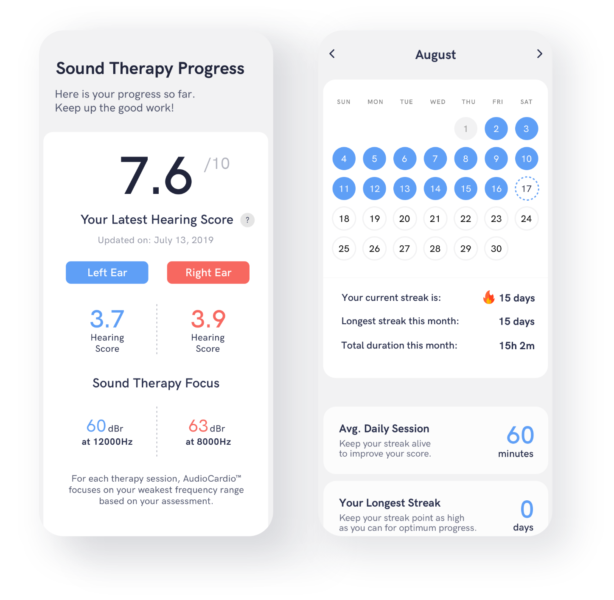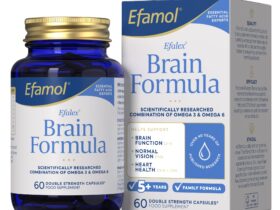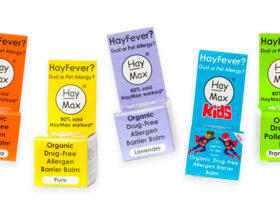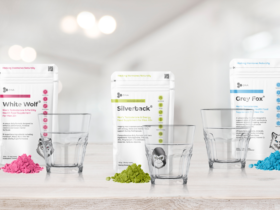A new survey conducted by Enterosgel UK and published by Talkhealth [1] shows that stress, rather than food, is the main cause of sufferers’ IBS – with 34% saying stress triggered their IBS.
Furthermore, almost 9 out of 10 (88%) said that their IBS stops them socialising at times. When asked about the effectiveness of the treatments they had tried, 86% said they had provided temporary relief, with only 14% saying they had improved their condition. The aim of this survey was to collect the latest data prior to large-scale clinical research on IBS-D and the effectiveness of Enterosgel in its treatment.
It is estimated that up to one in five people in the UK will develop Irritable Bowel Syndrome (IBS) at some stage in their life. IBS can affect sufferers in various ways, with abdominal pain, bloating and bouts of diarrhoea or constipation the most common symptoms. It can be a source of great discomfort, embarrassment and unhappiness, turning holidays and everyday tasks into a struggle.
The IBS Survey for Enterosgel UK was carried out between Tuesday 4th July and Tuesday 15th August 2017. 568 people participated in the survey with 552 fully completing the survey.
Those who were living with IBS were asked to identify the three symptoms that impact them most on a daily basis: stomach pain and discomfort affected 82% (437 people), bloating (75%) and diarrhoea (64%). Over half of those with IBS had been diagnosed by a GP (57%), with 29% being diagnosed by a hospital specialist, and 14% self-diagnosing their IBS.
Stress and food were the causes that most participants felt triggered their IBS; stress 34% and food 28%. Nearly a quarter of people stated that they didn’t know what causes their IBS (22%).
Sufferers were asked to consider how their IBS affects them, by answering yes or no to a series of statements. 88% said that ‘my IBS stops me from socialising at times’. Over three quarters of people felt that their IBS stopped them from being effective at work at times and over half had taken time off work due to their IBS. 67% felt that their IBS affected their relationships at home. And 20% had had symptoms that required them to be admitted to hospital due to their IBS.
Participants were asked what treatments they had already tried prior to completing the survey; antispasmodic medicines (40% – 214 people), and probiotics (20%) were the most commonly used. However, when asked about the effectiveness of these treatments, 86% stated that the treatments provided temporary relief and only 14% said that the treatments they had tried had actually improved their condition.
Reference
[1] Report for Enterosgel UK, IBS Survey, July – August 2017












Read our latest issue
Latest News
Efamol relaunches popular Efalex Brain Formula Capsules
Weleda launches two new face care ranges
HayMax wins second Global 100 Award
New range of supplements for andropause and menopause
Latest Tweets